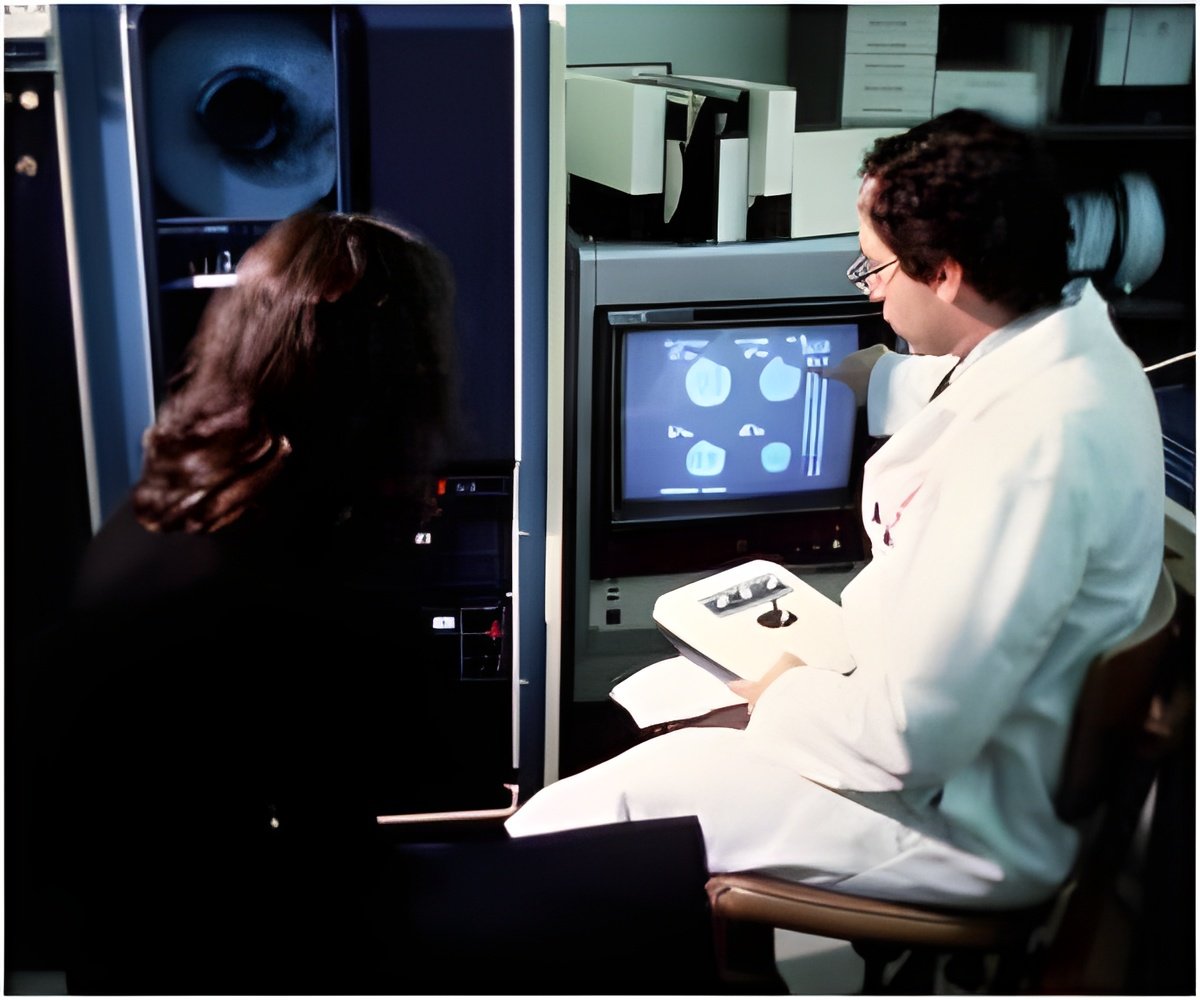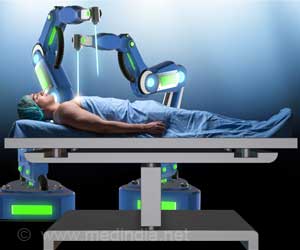
The rapid and easy-to-use diagnostic test consists of a nanometer-scale DNA "switch" that can quickly detect antibodies specific to a wide range of diseases. The research is described in an article published this month in the Journal of the American Chemical Society.
The design was created by the research group of Kevin W. Plaxco, a professor in UCSB's Department of Chemistry and Biochemistry. He noted that, despite the power of current diagnostic tests, a significant limitation is that they still require complex laboratory procedures. "Patients typically must wait for days or even weeks to receive the results of most STD tests," said Plaxco. "The blood sample has to be transported to the lab, its content analyzed by trained personnel, and the results sent back to the doctor's office. If we can move testing to the point of care, it eliminates the lag between testing and treatment, which would enhance the effectiveness of medical interventions, and, for infectious diseases like STDs, reduce transmission."
 | ||||
Source-Eurekalert








